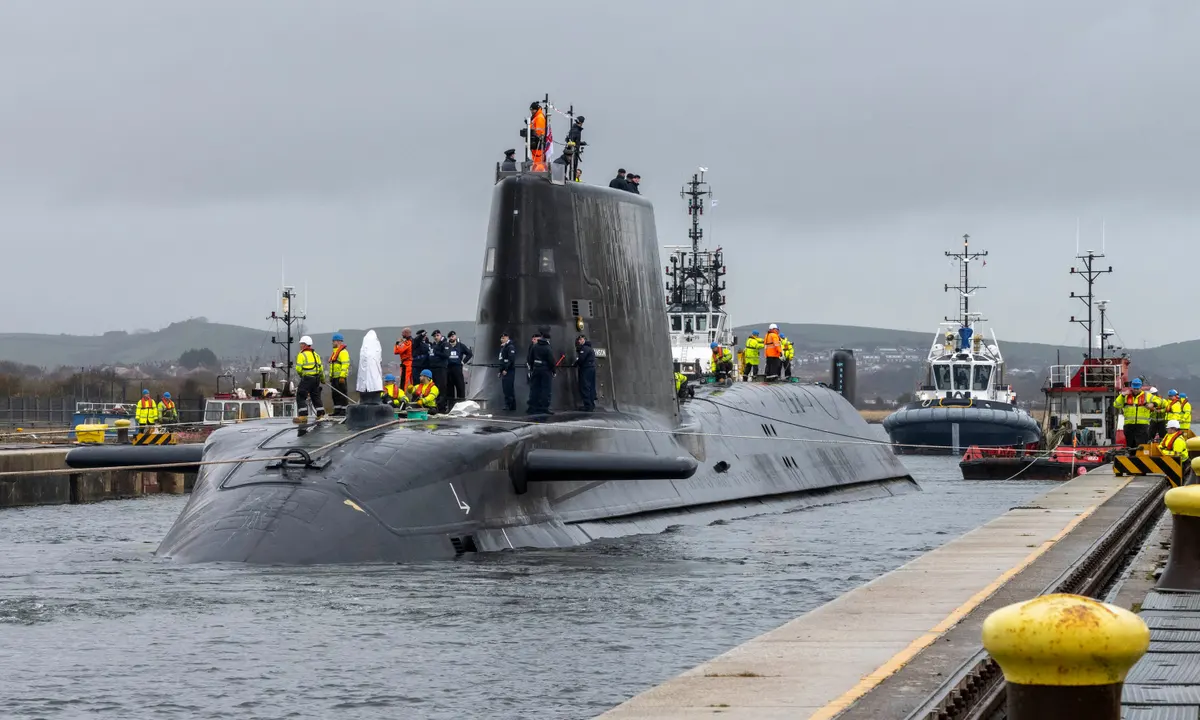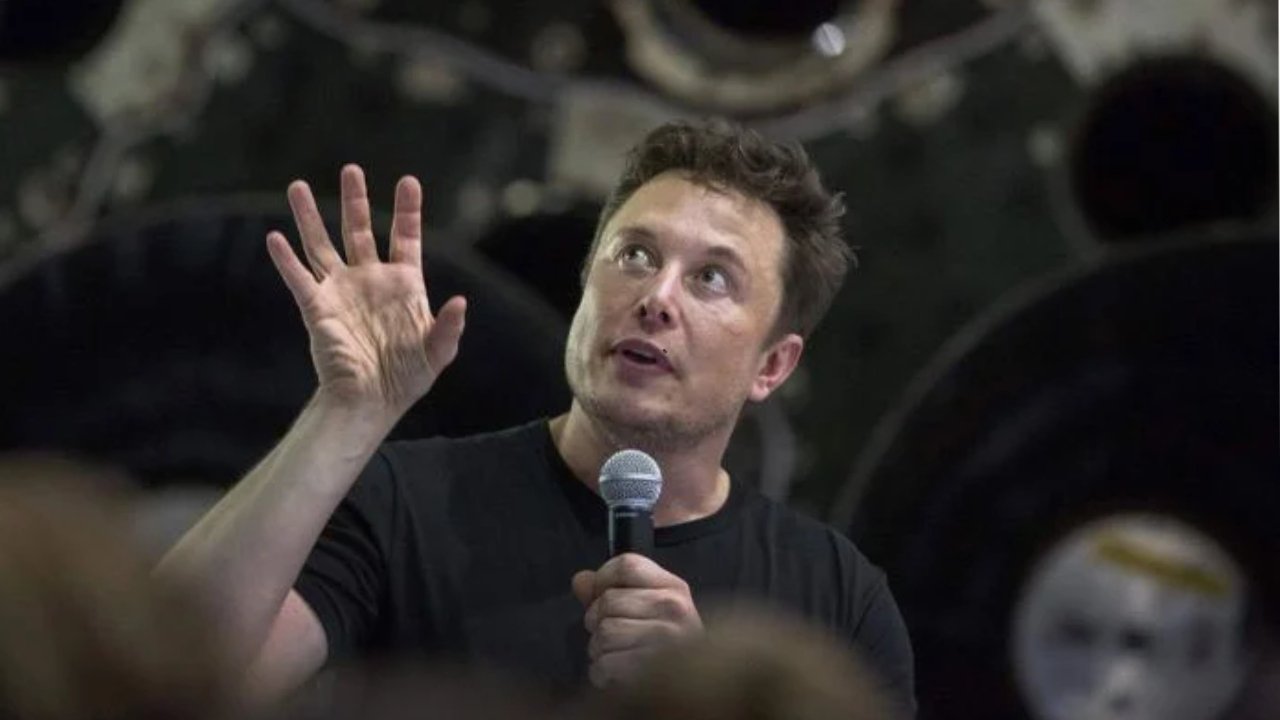Australia and Britain affirmed their commitment on Friday to proceed with the groundbreaking AUKUS deal, aimed at developing nuclear-powered submarines, despite growing apprehensions regarding costs, capabilities, and the potential resurgence of Donald Trump.
The nascent AUKUS agreement involves Australia, Britain, and the United States bolstering their military capabilities to counter the ascension of China. This week, defense leaders unveiled ambitious plans to equip Australia with a fleet of nuclear-powered submarines, a cornerstone of the pact.
Australian Defense Minister Richard Marles assured reporters on Friday that the involved governments were diligently progressing with the initiative. “This is going to happen and we need it to happen,” he emphasized.
However, concerns have emerged about the future of AUKUS, particularly if Donald Trump were to return to office, potentially jeopardizing the pact with his “America first” approach to foreign policy.
UK Foreign Secretary David Cameron stressed the importance of strengthening alliances like AUKUS and NATO, especially in light of impending US elections. He underscored the significance of the nuclear-powered submarines deal for security, expressing confidence in its realization.
Against a backdrop of escalating tensions globally, including China’s assertive posture in the Taiwan Strait, visiting UK Defense Minister Grant Shapps emphasized the continued relevance of AUKUS.
Acknowledging the shifting global dynamics, Shapps noted a transition from a “post-war” to a “pre-war” era, emphasizing the necessity for preparedness.
The construction of Australia’s nuclear-propelled submarine fleet involves collaboration with UK defense contractor BAE Systems. The ambitious plan aims to have eight nuclear-powered vessels in operation by the 2050s, combining domestically produced AUKUS-class submarines and Virginia-class vessels from the US.
Marles highlighted Australia’s commitment to sustaining nuclear submarine production, foreseeing a perpetual “drumbeat” of AUKUS-class submarines from Australian shipyards.
Despite the magnitude of the project and questions regarding Australia’s nuclear capabilities and naval capacity, officials remain optimistic. The endeavor is projected to require a significant workforce, with estimates suggesting around 20,000 personnel would be involved in Australia’s burgeoning nuclear industry.
However, challenges persist, particularly regarding the maintenance of the current diesel-electric submarine fleet, plagued by issues and cost overruns.
The AUKUS submarine project’s estimated cost over the next three decades could reach up to Aus$368 billion (US$240 billion), underlining the substantial investment involved.



